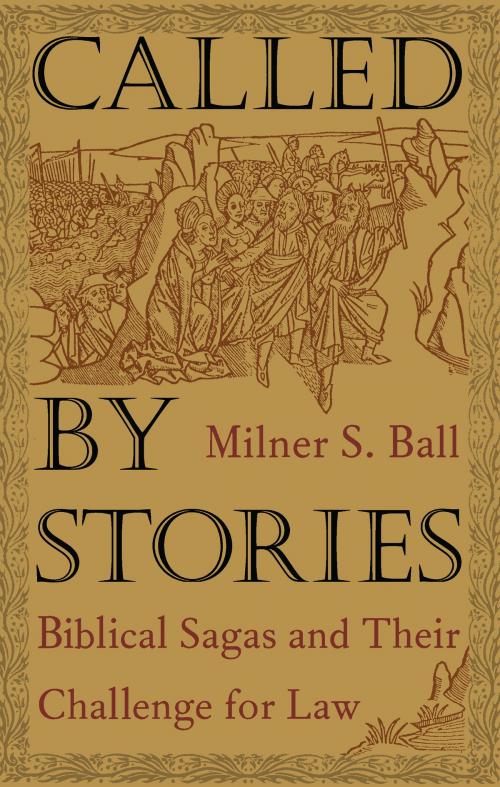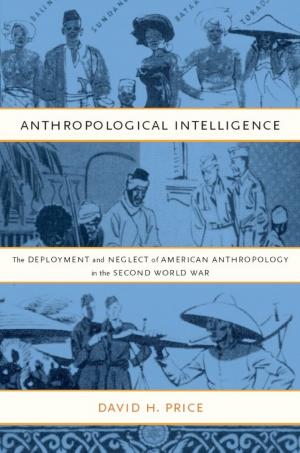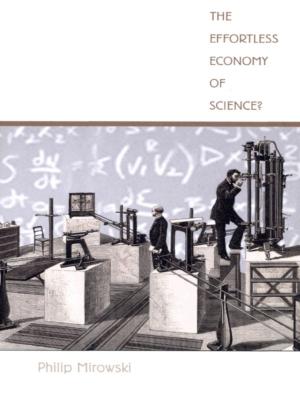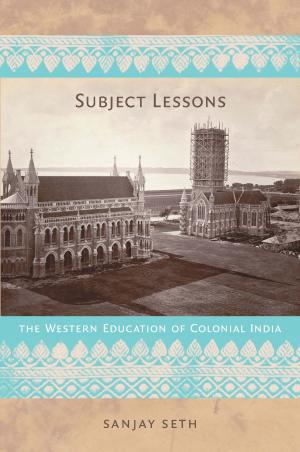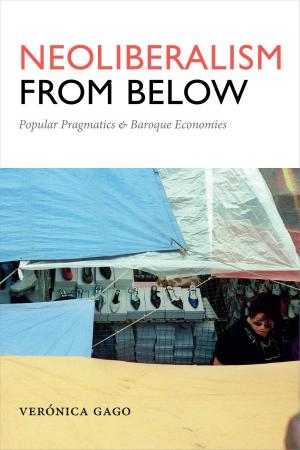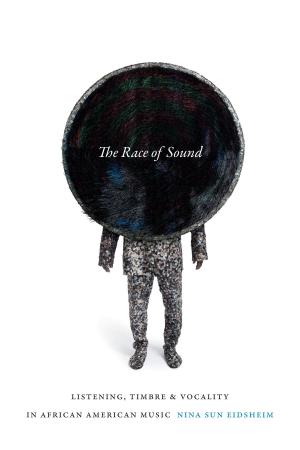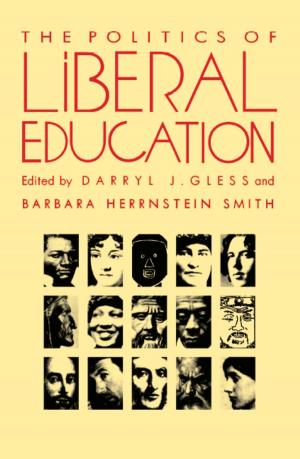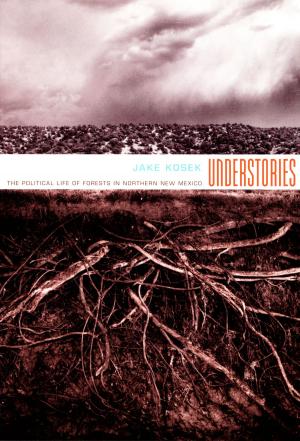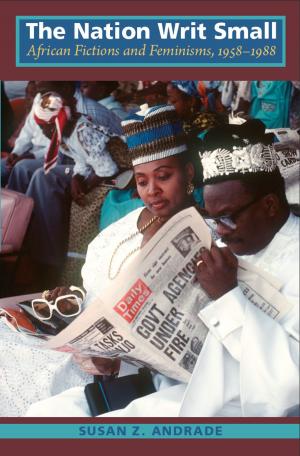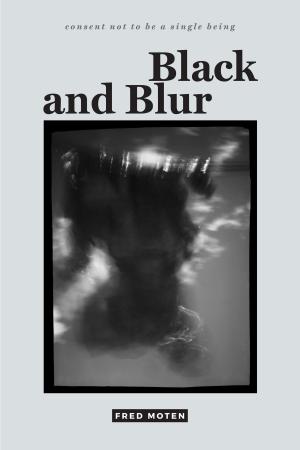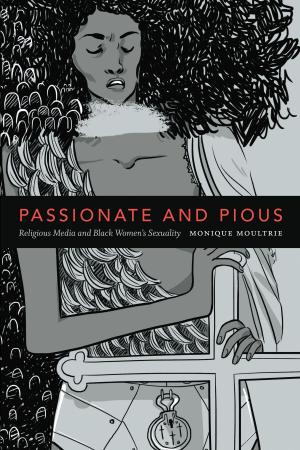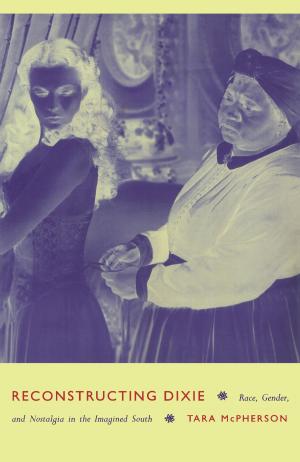Called by Stories
Biblical Sagas and Their Challenge for Law
Nonfiction, Reference & Language, Law, Legal Profession, Religion & Spirituality, Theology, Ethics, Bible & Bible Studies, Criticism & Interpretation| Author: | Milner S. Ball | ISBN: | 9780822396185 |
| Publisher: | Duke University Press | Publication: | June 1, 2012 |
| Imprint: | Duke University Press Books | Language: | English |
| Author: | Milner S. Ball |
| ISBN: | 9780822396185 |
| Publisher: | Duke University Press |
| Publication: | June 1, 2012 |
| Imprint: | Duke University Press Books |
| Language: | English |
Distinguished legal scholar and Presbyterian minister Milner S. Ball examines great sagas and tales from the Bible for the light they shed on the practice of law and on the meaning of a life lived in the legal profession. Scholars and laypersons alike typically think of the law as a discipline dominated by reason and empirical methods. Ball shows that many of the dilemmas and decisions that legal professionals confront are more usefully approached through an experience of narrative in which we come to know ourselves and our actions through stories.
He begins with the story of Moses, who is obliged both to speak for God to the Hebrews and to advocate for the Hebrews before God. What, asks Ball, does Moses’s predicament say to lawyers professionally bound to zealous representation of only one client? In the story of Rachel, Ball finds insights that comprehend the role of tears and emotion in the judicial process. He relates these insights to specific contemporary situations, such as a plant closing and the subsequent movement of jobs to Mexico and legal disputes over the sovereignty of native Hawaiians. In a discussion of “The Gospel According to John,” Ball points out that the writer of this gospel is free simultaneously to be critical of law and to rely extensively on it. Ball uses this narrative to explore the boundaries of free will and independence in lawyering. By venturing into the world of powerful events and biblical characters, Ball enables readers to contest their own expectations and fundamental assumptions.
Employing legal theory, theology, and literary criticism, Called by Stories distills a wisdom in biblical texts that speaks specifically to the working life of legal professionals. As such, it will enrich lovers of narrative and poetry, ethicists, literary and biblical scholars, theologians, lawyers, law students, judges, and others who seek to discern deeper meanings in the texts that have shaped their lives.
Distinguished legal scholar and Presbyterian minister Milner S. Ball examines great sagas and tales from the Bible for the light they shed on the practice of law and on the meaning of a life lived in the legal profession. Scholars and laypersons alike typically think of the law as a discipline dominated by reason and empirical methods. Ball shows that many of the dilemmas and decisions that legal professionals confront are more usefully approached through an experience of narrative in which we come to know ourselves and our actions through stories.
He begins with the story of Moses, who is obliged both to speak for God to the Hebrews and to advocate for the Hebrews before God. What, asks Ball, does Moses’s predicament say to lawyers professionally bound to zealous representation of only one client? In the story of Rachel, Ball finds insights that comprehend the role of tears and emotion in the judicial process. He relates these insights to specific contemporary situations, such as a plant closing and the subsequent movement of jobs to Mexico and legal disputes over the sovereignty of native Hawaiians. In a discussion of “The Gospel According to John,” Ball points out that the writer of this gospel is free simultaneously to be critical of law and to rely extensively on it. Ball uses this narrative to explore the boundaries of free will and independence in lawyering. By venturing into the world of powerful events and biblical characters, Ball enables readers to contest their own expectations and fundamental assumptions.
Employing legal theory, theology, and literary criticism, Called by Stories distills a wisdom in biblical texts that speaks specifically to the working life of legal professionals. As such, it will enrich lovers of narrative and poetry, ethicists, literary and biblical scholars, theologians, lawyers, law students, judges, and others who seek to discern deeper meanings in the texts that have shaped their lives.
